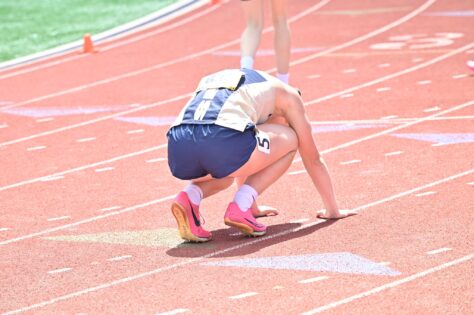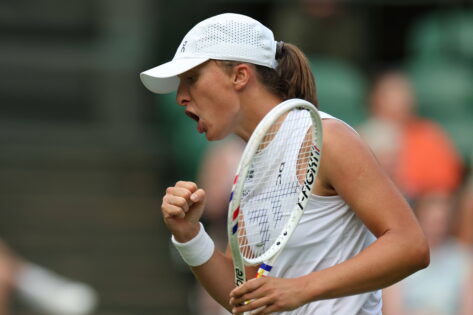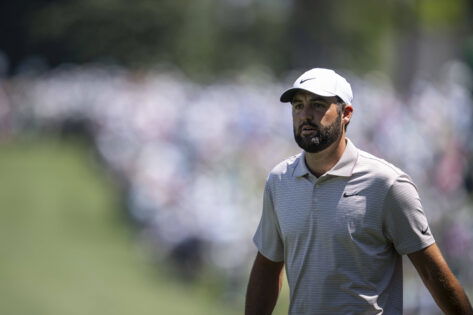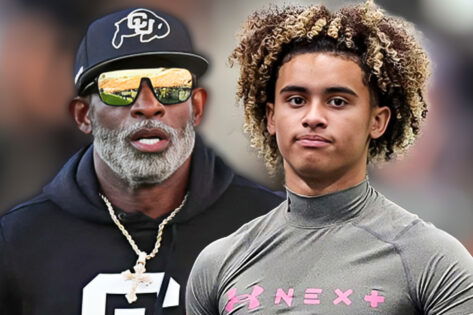Today is the day that decides if the college sports landscape changes forever or remains as-is. Yes, April 7th, the long-awaited final hearing day of the House vs NCAA settlement day is finally here. Today, U.S. District Court Judge Claudia Wilken opened the doors to hear objectors who came forward with their arguments. One by one, the objectors were heard, and it all came down to a few common concerns with the settlement. Want to know what they were?
Well, a few basic concerns were common to all. First, the NCAA settlement proposes back pay for student-athletes, which many find insufficient. It should be calculated at a higher cost, they say. Then the roster limits that it talks about setting will negatively impact the inflow of athletes and talent cultivation. Also, the settlement funds proposed to be distributed have perhaps about 75% going to football, which is inequitable to other sports. Well, is this something only the objectors are saying?
No. On April 7, a former track and field athlete, Grant Swinton, took to X and opined, “As a former student-athlete, I get wanting to be paid. But this $2.8B NCAA settlement feels like it’s being rushed through without thinking long-term. Olympic sports and smaller schools are in real jeopardy. This could wipe out the same programs that gave so many of us a chance.” Swinton, a 4x NCAA All-American, is concerned regarding the settlement as it may be the single largest structural change ever made in the collegiate landscape.
As of now, the Judge has set a deadline for next week for the lawyers to file a response to the objections raised in today’s hearings. She has asked them for fresh feedback on various topics. She appeared concerned about objections related to roster limits and how the settlement would apply to future athletes. Thus, the scope for some modifications in some clauses seems possible. But yes, it looks like she is likely to move forward with her final call in the coming few weeks.
As a former student-athlete, I get wanting to be paid. But this $2.8B NCAA settlement feels like it’s being rushed through without thinking long-term. Olympic sports and smaller schools are in real jeopardy. This could wipe out the same programs that gave so many of us a chance.
— I’m Grant Swinton (@grantswinton_) April 7, 2025
However, this isn’t the first time an athlete has raised concerns. Olivia Dunne was one of the first student-athletes to raise her concern about the settlement. In a letter to U.S. District Judge Claudia Wilken, Dunne had previously criticized the proposed agreement on multiple grounds. But why is it that a few athletes are scared? Let’s try to understand.
NCAA house settlement and its common concerns
First, paying athletes in the future will rest with the schools. This means programs will get the money but with a $20.5 million salary cap to work with. In such cases, schools may choose not to spend the full amount. It may also be possible that money might get diverted to athletes, teams, and sports that fetch the most revenue. This is why athletes like Swinton fear that Olympic sports may take a hit.
Next, high chance that the back payment may not be evenly distributed. Among the 88,000 former D1 athletes who have already applied for a share in the payment, the amount they get will depend on the sport and the power conference (Big 10, Big 12, SEC, ACC, etc). Likely that sports like football, basketball, etc. get six figures, while a swimmer or a soccer player can get just a few hundred dollars.
Also, the roster caps create a win-lose situation. Till now, schools have had scholarship limits. 85 for football, 13 for men’s basketball, 14 for women’s swimming, and 11.7 for baseball. But now, the roster limit will mean, every athlete will be eligible for a scholarship, but the number of spots will be trimmed down. This will mean there will be winners and losers to get into the teams under this system. So, given all these things, a bunch of athletes are appearing concerned.
The post “Jeopardy”: Former Track & Field Athlete Left Worried in NCAA House Settlement Case appeared first on EssentiallySports.



